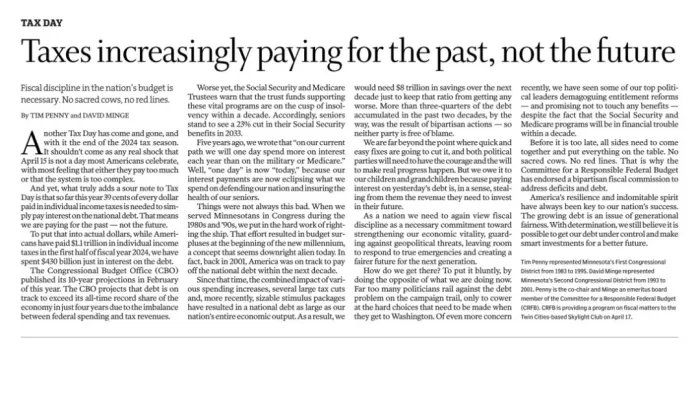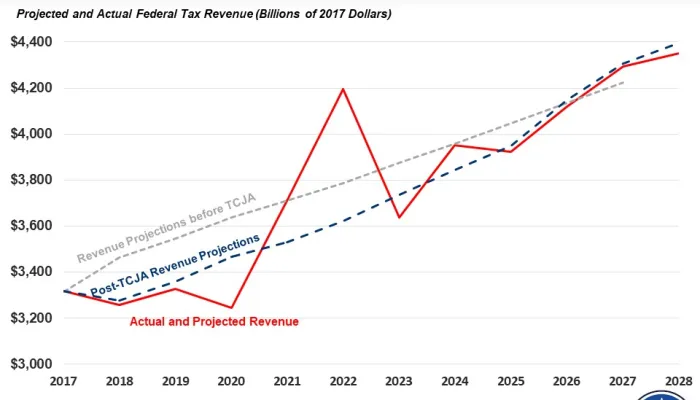New York Times Looks at Tax Expenditures
An interesting article by Eduardo Porter in today’s New York Times, A Nation With Too Many Tax Breaks, takes a look at the role of tax expenditures in the federal budget, and how they don't always fit with traditional assumptions about how the government uses its resources.
The article states that while fiscal issues leave the left and the right bitterly divided, both sides rely on an assumption that is "at best overstated" and too narrow: that resources taken from the wealthy are used by the government to pay for programs that, for the most part, benefit the less fortunate. However, as Porter states:
At first glance the budget does seem heavily tilted to take from the rich and redistribute to the rest....But this is too narrow a view of taxing and spending. There is an alternate, more comprehensive way to measure how the government moves resources across the economy. It includes amounts that are not reported either as revenue or spending in the budget, but recorded as tax expenditures; that is, money that the government does not collect because of tax breaks.
While it’s true that entitlement programs benefit mostly lower-income families and individuals, tax expenditures on the other hand disproportionately favor the wealthy. The Tax Policy Center estimates that in total, tax expenditures cost the federal government about $1.1 trillion (7.1 percent of GDP) in revenue. About two-thirds of their benefits go to the top quintile, and only 10 percent of benefits go to the bottom 40 percent. Looking at tax expenditures as benefits can provide a different picture of how the government's resources are distributed, and shows how they are essentially spending by another name but are neither transparent nor receive the same amount of oversight as other parts of the budget.
Porter notes that the last tax reform effort in 1986 made a dent in tax expenditures, but didn't really cut that much (they fell from 8.7 percent of GDP pre-reform to 6 percent post-reform). Considering that many of the prominent plans out there would go much further on limiting tax expenditures, it seems to be an issue receiving more and more attention. Likewise, we’ve been saying for quite some time that tax expenditures are a part of the budget that is sorely in need of reform. At a time when the national debt continues to grow out of control, a portion of the budget that costs $1.1 trillion, and often benefits those who need government assistance the least, cannot be overlooked.
For more on tax expenditure reform, see the Fiscal Commission’s proposal, the Feldstein/Feenberg/MacGuineas proposal, and CRFB’s Let's Get Specific series.


